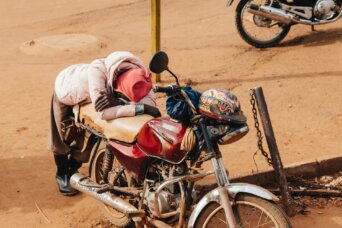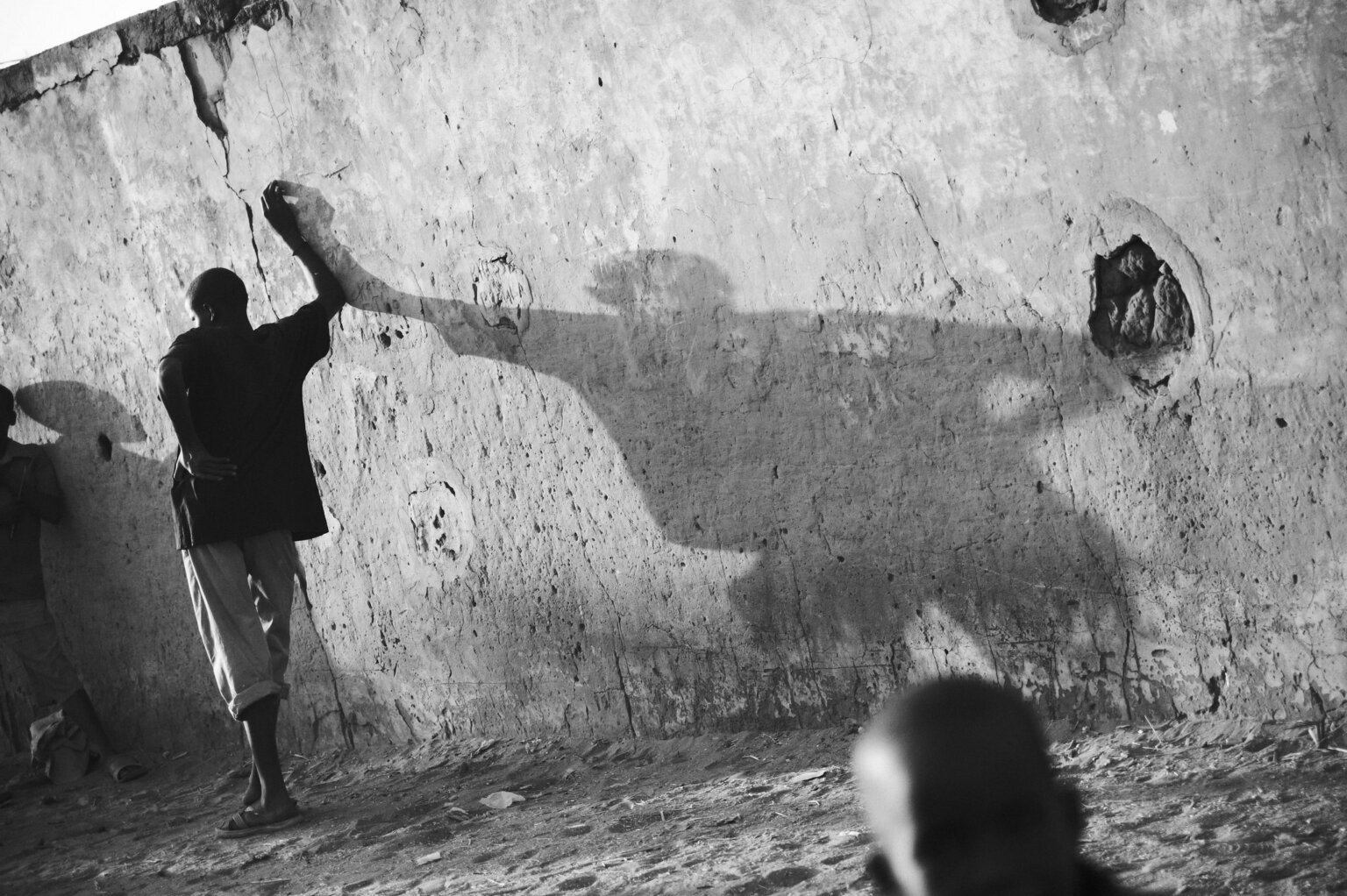- About
- Topics
- Picks
- Audio
- Story
- In-Depth
- Opinion
- News
- Donate
- Signup for our newsletterOur Editors' Best Picks.Send
Read, Debate: Engage.
| topic: | Good Governance |
|---|---|
| located: | Zimbabwe |
| editor: | Bob Koigi |
The European Union has extended its more than twenty year-old sanctions on Zimbabwe, citing a continued thinning of democratic space and a deterioration of human rights.
But what has stood out is the timing of the restrictive measures, which came hours after President Emmerson Mnangagwa returned from a top level corporate summit that brought together the leaders from the African Union and the EU in the multilateral organisation’s headquarters, located in Brussels, Belgium. Reports from state broadcasters had hailed the President’s engagement at the summit, which they said led to finalisation of investment deals.
Zimbabwe has been under a harsh political environment over the years since former-President Robert Mugabe took power. But there was a sigh of relief after the current president Emmerson Mnangagwa ascended into the top seat about five years ago.
The Southern African nation has, however, descended into anarchy as the President faces accusations of introducing laws that seek to gag the media, civil society and critics of his government. He has come under sharp criticism for attempting to turn Zimbabwe into a one-party state and failing to bring to account perpetrators of human rights abuse - some of whom are security personnel in his administration. Pockets of protests have erupted as civilians decry the tough economic times.
The renewed sanctions - among them the freezing of assets of the state-owned manufacturer Zimbabwe Defence Industries and an arms embargo - are a wake-up call to the administration to expedite the much needed political reforms, while guaranteeing the respect for the rule of law and constitution. Regional political blocs like The Southern African Development Community (SADC), the African Union and the international community should equally pile more pressure on the Zimbabwean government to protect the rights and freedoms of the Zimbabwean people which are sacrosanct.
Photo by Random Institute

